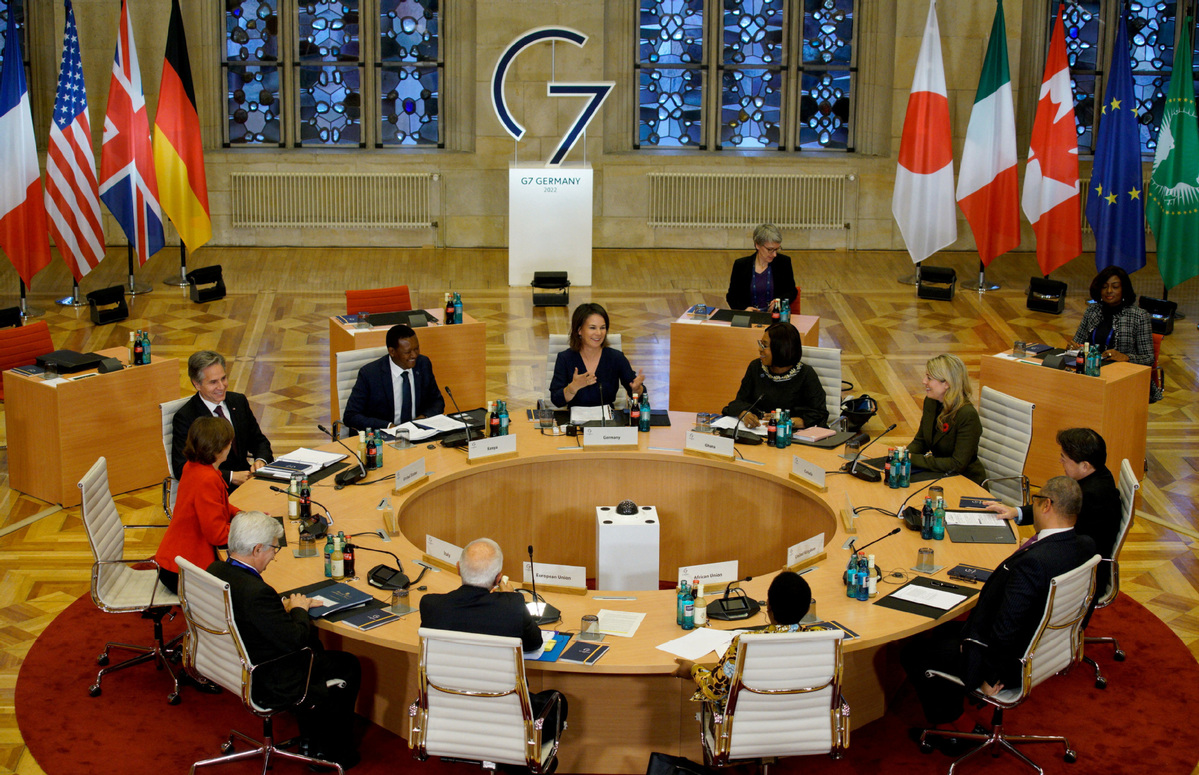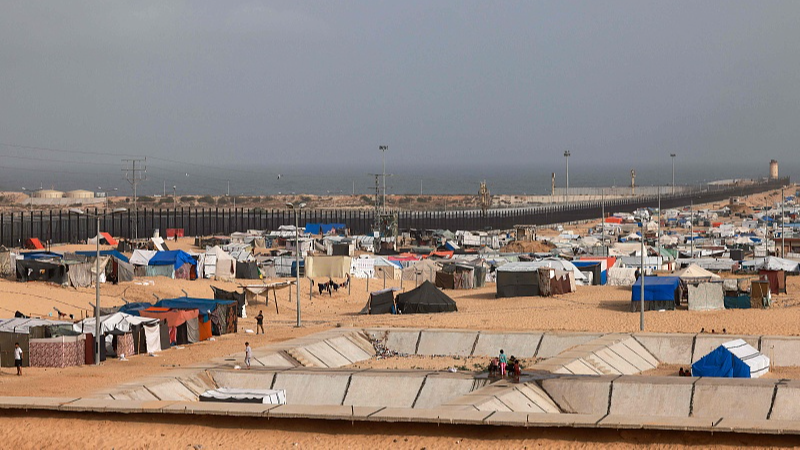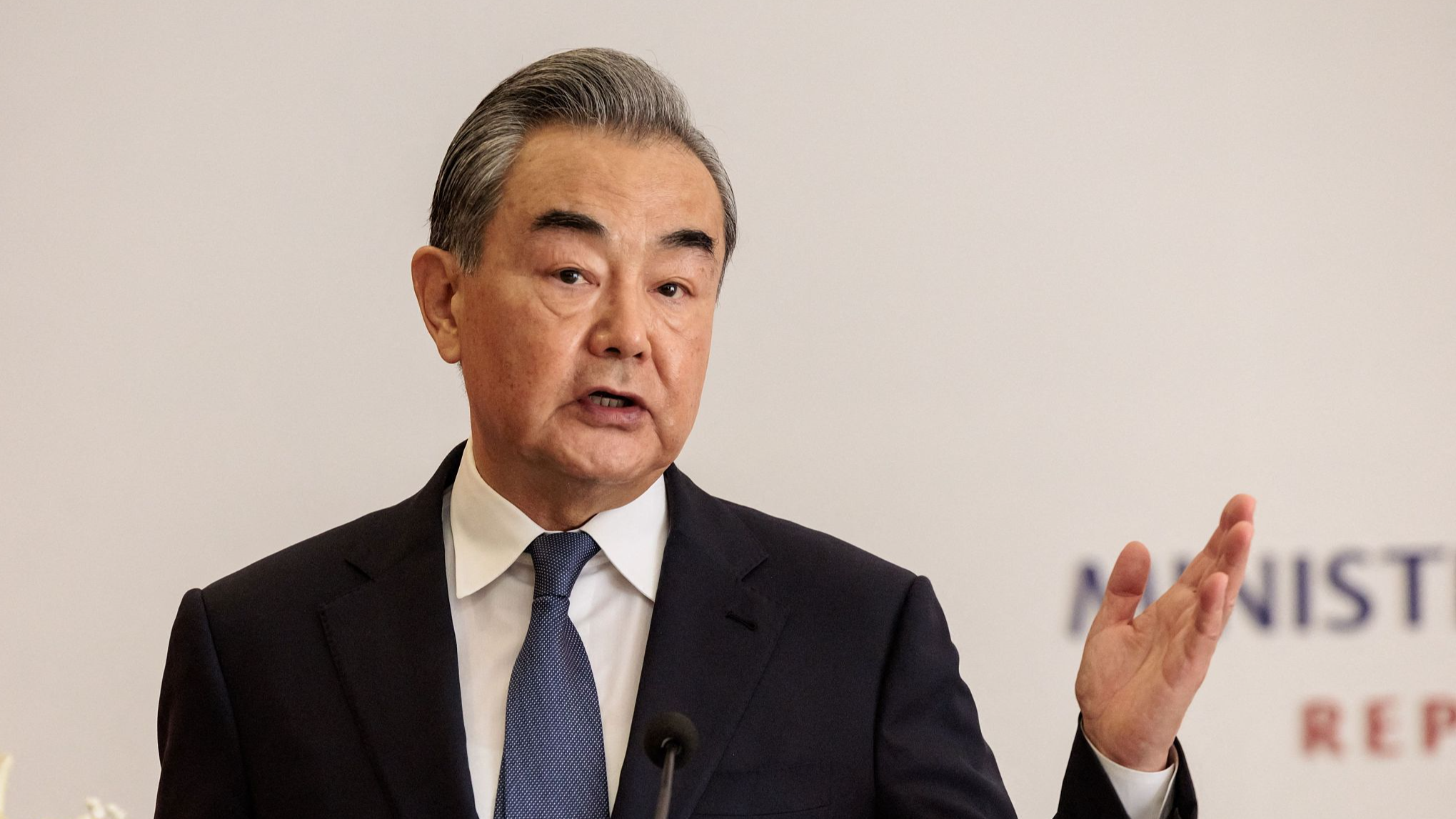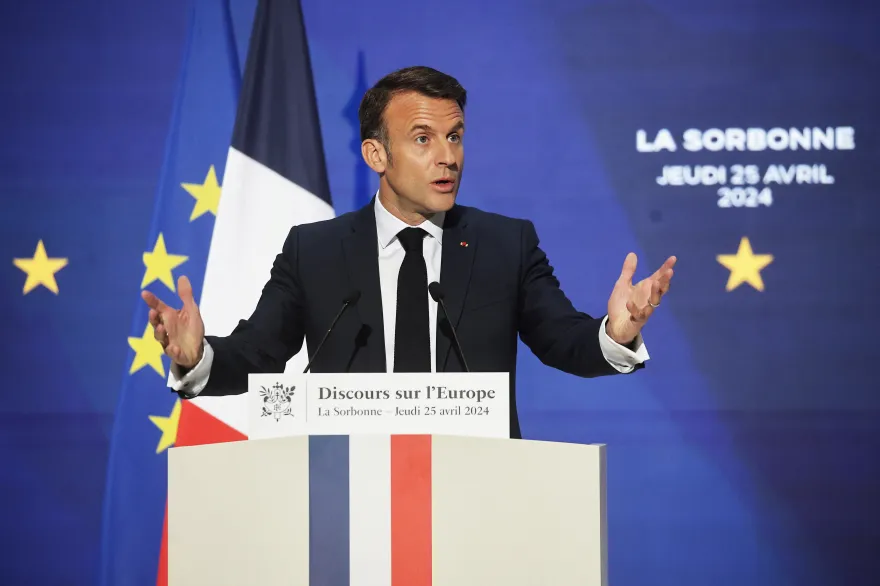Chinese Foreign Minister Wang Yi said China supports internal reconciliation among different factions of Palestine through dialogue, in a written interview with Al Jazeera Media Network published on Thursday.
The interview covers questions ranging from the Gaza crisis and the Russia-Ukraine conflict to the Taiwan question and China-U.S. relations.
As for the ongoing Gaza conflict, Wang said China will continue to strengthen solidarity and cooperation with Middle East countries and the whole international community to support the just cause of the Palestinian people in restoring their legitimate national rights.
China also supports Palestine’s full membership in the United Nations at an early date and supports establishing the independent State of Palestine and realizing “the Palestinians governing Palestine,” Wang said.
“We call for a more broad-based, more authoritative and more effective international peace conference to set a timetable and a road map for the two-state solution, to promote comprehensive, just and lasting settlement of the Palestinian question, and to ultimately realize peaceful coexistence between Israel and Palestine as well as harmony between the Arab and Jewish peoples,” he said.
Wang also said China is deeply concerned about the rising tensions in the Red Sea. “For quite some time, rising tensions in the Red Sea have affected important interests of regional countries, especially the littoral states. They have also heightened the overall security risk of the region and weighed on the global economic recovery.”
“We stand ready to coordinate more closely with regional countries and work together with the international community to continue with our constructive role in restoring peace and stability in the Red Sea at an early date,” Wang added.
In response to the escort mission by the Chinese Navy in the Gulf of Aden and the waters off Somalia, Wang said the mission is not related to the Red Sea situation but authorized by the UN Security Council.
Speaking of the Ukraine crisis, Wang said China’s position on the Ukraine crisis is consistent, unequivocal and transparent, while elaborating on China’s efforts to promote a ceasefire and end the fighting.
“We will work with all parties constructively to promote political settlement of the crisis, and contribute more to regional tranquility and security and enduring world peace,” said the Chinese foreign minister.
In the interview, Wang once again said Taiwan has been an inseparable part of China since ancient times, and the Taiwan question is entirely China’s internal affair.
“We will strive for peaceful reunification with the utmost effort and greatest sincerity. In the meantime, our bottom line is also clear: we will absolutely not allow anyone to separate Taiwan from China in any way,” Wang said.
Answering questions about how China sees the U.S. election and the prospects of China-U.S. relations, Wang said the U.S. election is an internal affair of the United States, and China never interferes in the internal affairs of other countries.
“The China-U.S. relationship cannot go back to its past. But it should, and can fully, have a bright future. China is ready to work with the United States to carry out more win-win cooperation, do more that benefits the whole world, and truly fulfill their respective responsibilities to the international community,” Wang said.
Source(s): CGTN

 News6 days ago
News6 days ago
 News6 days ago
News6 days ago
 News6 days ago
News6 days ago
 News2 days ago
News2 days ago
 News5 days ago
News5 days ago
 News5 days ago
News5 days ago
 News7 days ago
News7 days ago
 News2 days ago
News2 days ago


















